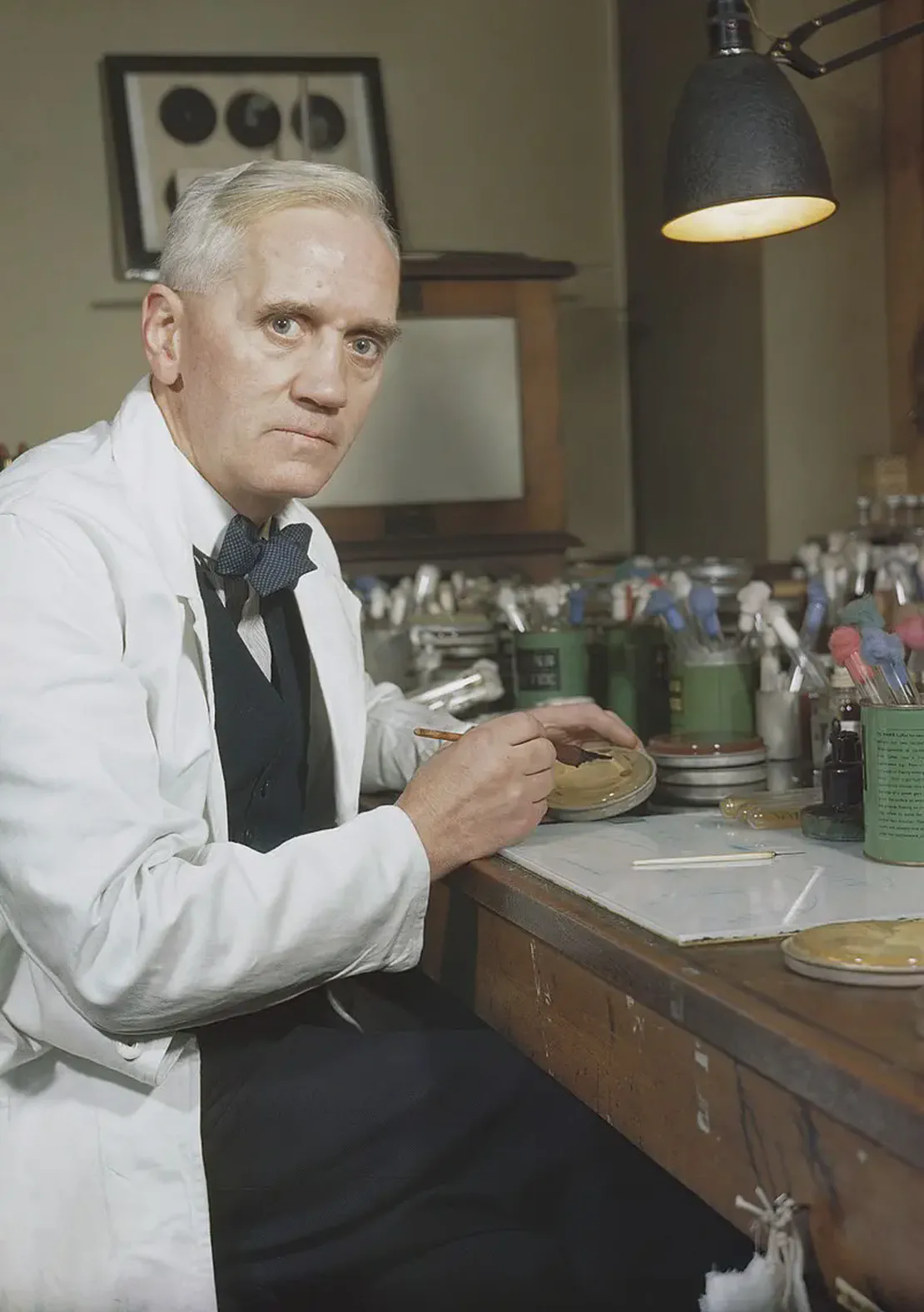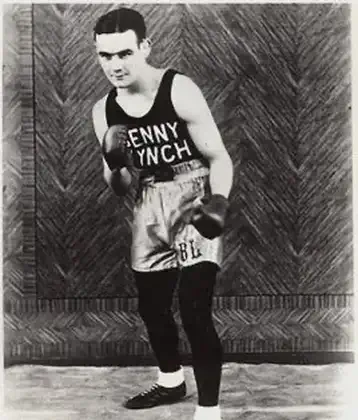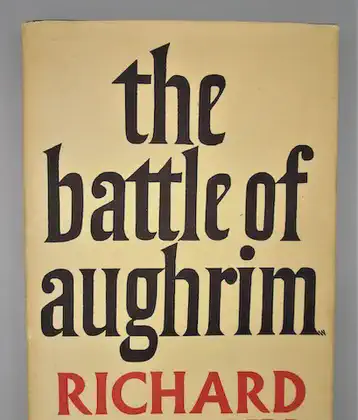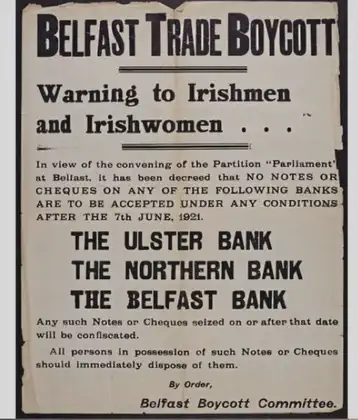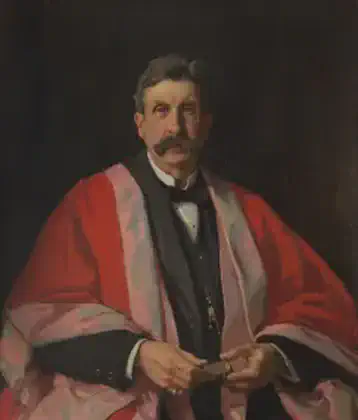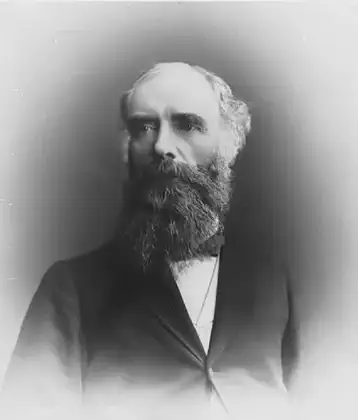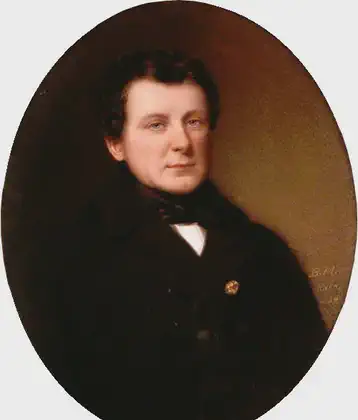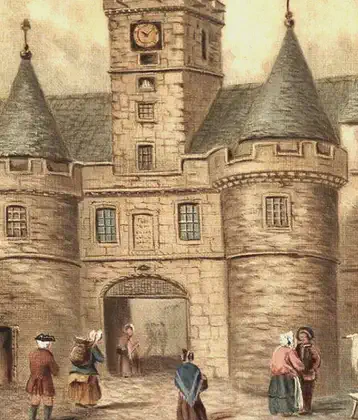August 6th, 1881
Sir Alexander Fleming (August 06, 1881 – March 11, 1955) discovered the antibiotic substance lysozyme and isolated the antibiotic substance penicillin from the fungus Penicillium notatum.
Fleming was born on a farm at Lochfield near Darvel in East Ayrshire, Scotland and was schooled for two years at the Academy in Kilmarnock. He later attended St Marys Hospital medical school in London until World War I broke out. He participated in a battlefield hospital with many of his colleagues in the fronts of France. Being exposed to the horrific medical infections by the dying soldiers, he returned to St. Marys after the war with renewed energy in searching for an improved antiseptic. Both of Flemings discoveries happened entirely by accident during the 1920s. The first, lysozyme, was discovered after Fleming sneezed into a bacterium-laced Petri dish. A few days later, it was noted that bacteria where the mucus had fallen had been destroyed.
Flemings labs were usually in disarray, which turned out to be to his advantage. In September 1928, he was sorting through the many idle experiments strewn about his lab. He inspected each specimen before discarding it and noticed an interesting fungal colony had grown as a contaminant on one of the agar plates streaked with the bacterium Staphylococcus aureus. Fleming inspected the Petri dish further and found that the bacterial colonies around the fungus were transparent because their cells were lysing. Lysis is the breakdown of cells, and in this case, potentially harmful bacteria. The importance was immediately recognized, however the discovery was still underestimated. Fleming issued a publication about penicillin in the British Journal of Experimental Pathology in 1929.
For his achievements, Fleming was knighted in 1944. Fleming, Florey, and Chain were the joint recipients of the Nobel Prize in Physiology or Medicine in 1945. Florey was later given the higher honour of a peerage for his monumental work in making penicillin available to the public and saving millions of lives in World War II. His discovery of penicillin had changed the world of modern medicines by introducing the age of useful antibiotics.
